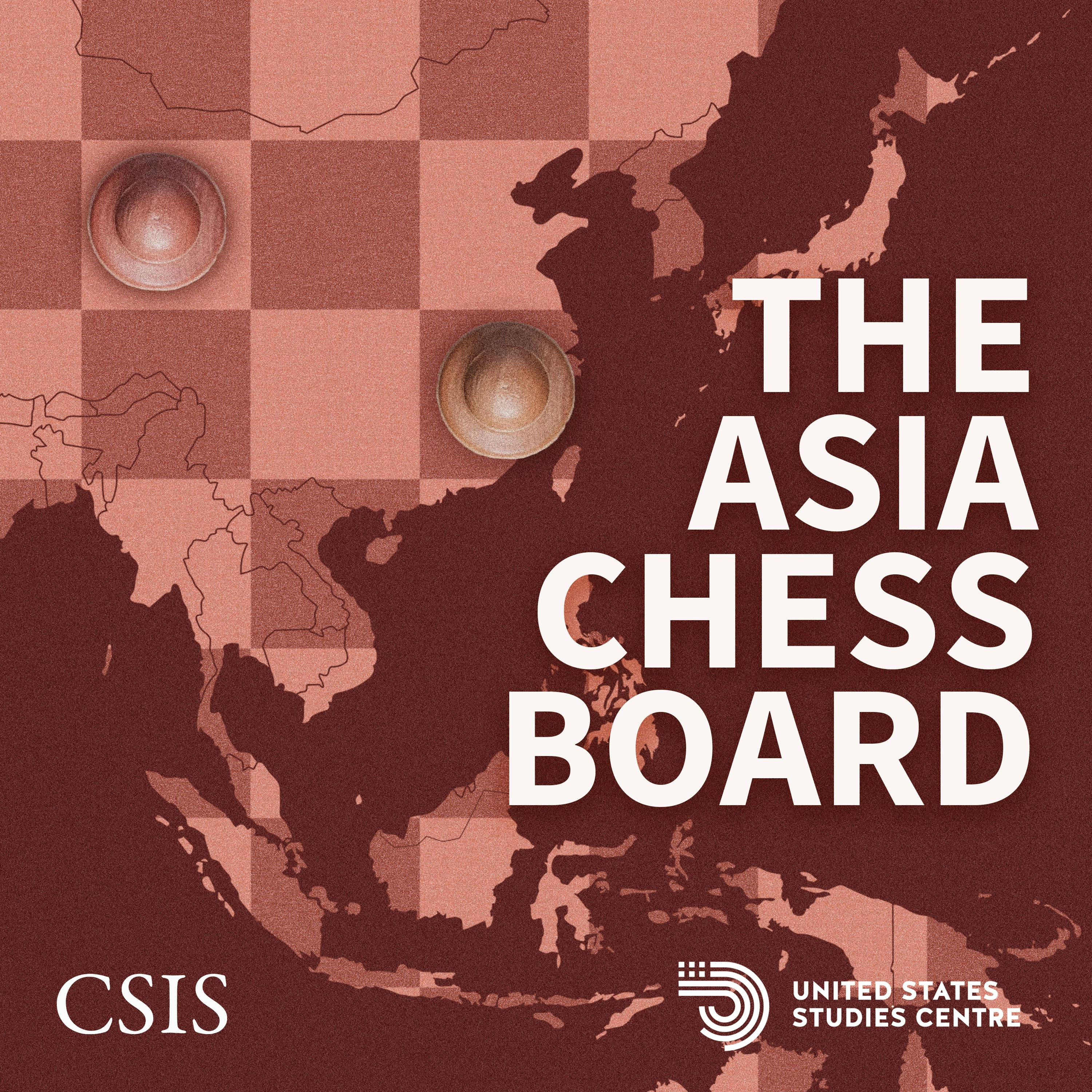
Deep Dive
Why did North Korea declare a two-Korea formula?
North Korea's declaration reflects internal economic challenges, dissatisfaction with South Korean policies, and a strategy to strengthen internal cohesion and regime stability. It also aims to counteract cultural shifts among younger generations admiring South Korean pop culture.
How does South Korea's Indo-Pacific strategy differ from the previous administration's approach?
The Yoon administration's Indo-Pacific strategy emphasizes a broader perspective, aligning closely with the U.S. strategy to counterbalance China, and includes comprehensive security cooperation. In contrast, the Moon administration focused on economic cooperation and cultural exchanges with ASEAN, without explicitly countering China.
What are the key challenges in advancing military cooperation between South Korea and Japan?
Challenges include unresolved historical disputes, divergent security priorities, operational issues due to distinct military systems, and the role of U.S. influence as a mediator. These factors collectively limit the effectiveness of collaboration and training.
How has South Korea's defense cooperation with Australia and Indonesia evolved under the Yoon administration?
South Korea has deepened strategic partnerships with Australia and Indonesia through joint military exercises, defense industry cooperation, and technology transfer. Significant milestones include the establishment of Hanwha Aerospace's production facility in Australia and joint development of fighter jet programs with Indonesia.
What is the potential impact of the U.S. election on South Korea's Indo-Pacific strategy?
A change in U.S. leadership could alter the dynamics of South Korea's Indo-Pacific strategy. If the U.S. reduces overseas involvement, South Korea may need to manage relations with China more carefully while accommodating U.S. requests for cooperation that align with U.S. interests.
How do domestic political divisions in South Korea affect its foreign policy towards China?
The Democratic Party emphasizes managing relations with China in a stable and cooperative manner, viewing China's role in stability on the Korean Peninsula positively. The conservative party, however, advocates for enhancing South Korea's bargaining power and asserting an independent voice, often leading to strong anti-China sentiments during diplomatic tensions.
What is the significance of the Trilateral Security Cooperation Framework Memorandum signed by South Korea, the U.S., and Japan?
The memorandum outlines basic directions and policy guidelines for enhancing practical security cooperation among the three countries, including rotating regular high-level policy consultations and trial of defense ministers' meetings. It is significant as it marks the first time such guidelines have been established.
How does North Korea's stance on unification affect public opinion in South Korea?
North Korea's assertion of a two-Korea formula exacerbates ideological divisions between conservatives and progressives in South Korea. While many still desire unification, growing skepticism about its feasibility could shift public opinion, necessitating careful observation of its long-term effects.
Shownotes Transcript
Mike hosts Jina Kim, Dean of Language and Diplomacy Division at the Hankuk University of Foreign Studies, to discuss South Korea's foreign policy and strategy in the Indo-Pacific.